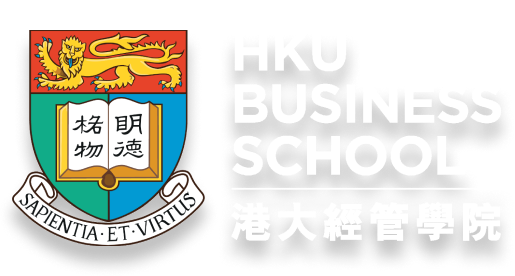About the Quantitative History Webinar Series
The Quantitative History (QH) Webinar Series aims to provide researchers, teachers, and students with an online intellectual platform to keep up to date with the latest research in the field, promoting the dissemination of research findings and interdisciplinary use of quantitative methods in historical research. The QH Webinar Series, now entering its sixth year, is co-organized by the Centre for Quantitative History at the HKU Business School and the International Society for Quantitative History in partnership with the Hong Kong Institute for the Humanities and Social Sciences. The Series is now substantially supported by the Areas of Excellence (AoE) Scheme from the Research Grants Council of the Hong Kong Special Administrative Region, China (Project No. [AoE/B-704/22-R]).
Chinese Ceramics in Archaic Globalisation
Ran Zhang explores the role of Chinese ceramics in the Indian Ocean trade within the broader framework of archaic globalisation, focusing on maritime networks linking China with the Persian Gulf, East Africa, and South Asia (8th–19th centuries).
Rise of the south: How Arab-led maritime trade transformed China, 671–1371 CE
Join as Zhiwu Chen explores the historical shift of China’s socioeconomic core from North to South triggered by Arab and Persian Muslim traders in the late seventh century. Explore how maritime trade transformations reshaped the region, influencing population growth until the maritime trade ban of 1371 CE.
Inheritance and Inequality in a Pre-Modern Economy
Felix Schaff explains how the seemingly egalitarian institution of partible inheritance can counterintuitively increase broader inequality in pre-modern economy by exploiting a sharp border between partible and impartible inheritance areas in southwest Germany, together with household-level data from the registers of the 1545 Turk Tax.
Predictive Modelling the Past: A New Machine Learning Method Applied to Seven Centuries of Wages
Meredith Paker of Grinnell College and her co-authors introduce a new method, based in established machine learning techniques, to peer into the past despite the increasing scarcity of data. The key intuition is that, just as data in the future are unknown to today’s modelers, data in the distant past are unknown to historians. They can therefore use state-of-the-art predictive modeling methods and best-practice forecasting techniques to make predictions of historic economic time series with improved accuracy and generalizability.
The Fate of the Taiping Rebellion
Nuno Palma shows, using a new dataset, that scholars educated in Confucian academies became a key force in the suppression of the Taiping. The civil service examinations system helped maintain political stability and associated rents by endowing elites with a stake in the Qing status quo.
How China Became Chinese? Geography or Political Integration
Discover how China became Chinese through empirical evidence and insights on immigration and public goods provision.




 April 3, 2025
April 3, 2025 16:00 - 17:30 (HKT)
16:00 - 17:30 (HKT)
